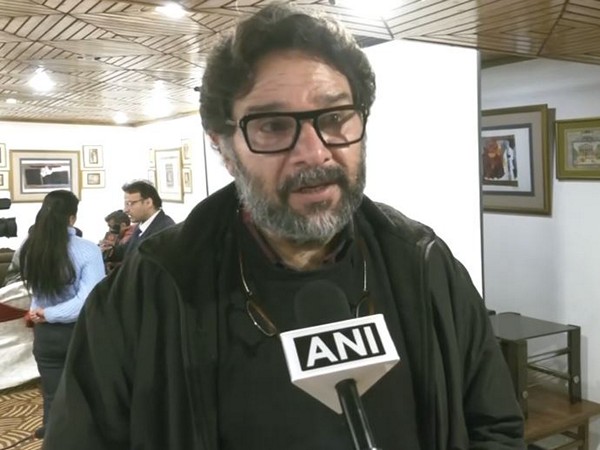Desk |
Updated: Nov 27, 2024 23:12 IST
Shimla (Himachal Pradesh) [India], November 27 (Desk): Shimla Collective, an open platform of residents, institutions, and civil society groups, has initiated the Shimla Vision 2040 plan. The project aims to create a sustainable roadmap to achieve net-zero emissions by addressing key urban issues through a people-centric approach.
“We need to adopt bold climate action plans that prioritise the aspirations of the people over unchecked growth. The distinction between growth and development is vital. This vision must centre on ecological conservation and collective well-being,” emphasised Tikender Singh Panwar, former Deputy Mayor of Shimla and a leading environmentalist.
The Shimla Collective has committed to reaching 10,000 residents through ward sabhas, questionnaires, and municipal partnerships to involve people directly in designing climate-responsive policies. Students and local stakeholders have already been engaged in discussions regarding mobility, waste management, and the ecological impact of urbanization. The insights will culminate in a conference scheduled for April 2024.
“People’s voices will shape Shimla Vision 2040. This isn’t just a technological solution–it’s about aligning development with the city’s unique environmental and cultural ethos,” said Ashok Thakur, a member of the Shimla Collective.
One of the core challenges identified is improving mobility in Shimla. With narrow roads and increasing vehicular congestion, public transport and pedestrian-friendly initiatives are crucial. “Alternative mobility solutions like walking and public transport must be prioritized. Expanding car-centric urban spaces will only worsen ecological degradation,” Thakur added.
Solid waste management remains a pressing concern in Shimla, with reports of garbage being dumped into rivers and eco-sensitive zones. Advocate Deven Khanna, who has been actively fighting for stricter waste regulations, highlighted the need for stronger enforcement of environmental norms. “Village panchayats and urban bodies must work together. Rivers cannot continue to be dumping grounds. The High Court’s intervention has provided a framework, but collective action is critical,” he said.
“We will raise these issues in the Municipal Corporation house and ensure that ward sabhas play an active role in waste management and sustainable planning.” said Umang, a councillor of the Shimla Municipal Corporation.
The Shimla Collective has expressed concerns over the commercialisation of the Ridge, the city’s iconic open space, which has increasingly hosted vending activities in violation of High Court directives. “The Ridge must remain a no-vending zone. Its transformation into a vending hub is detrimental to Shimla’s ecological and cultural identity,” stressed Panwar.
While welcoming the idea of a Winter Carnival in December 2024, the group insists that ecological integrity must be upheld. They also propose organising Parvat Manthan, a conference involving representatives from the 11 Himalayan states, and are advocating for the institution of Himalaya Day to highlight the importance of preserving the fragile mountain ecosystems.
Inspired by Nordic countries, the Shimla Collective aims to explore development models that emphasise sustainability, calm urban living, and ecological balance. “The people of Shimla must decide: do we want a fast-paced urban centre or a serene, sustainable town? This dialogue will guide our efforts,” noted Thakur.
Panwar said that the journey to Shimla Vision 2040 is an inclusive, people-driven process. “The focus is on building resilience against climate change while respecting the aspirations of Shimla’s citizens. This is a collective movement for a better tomorrow,” he said. (Desk)
